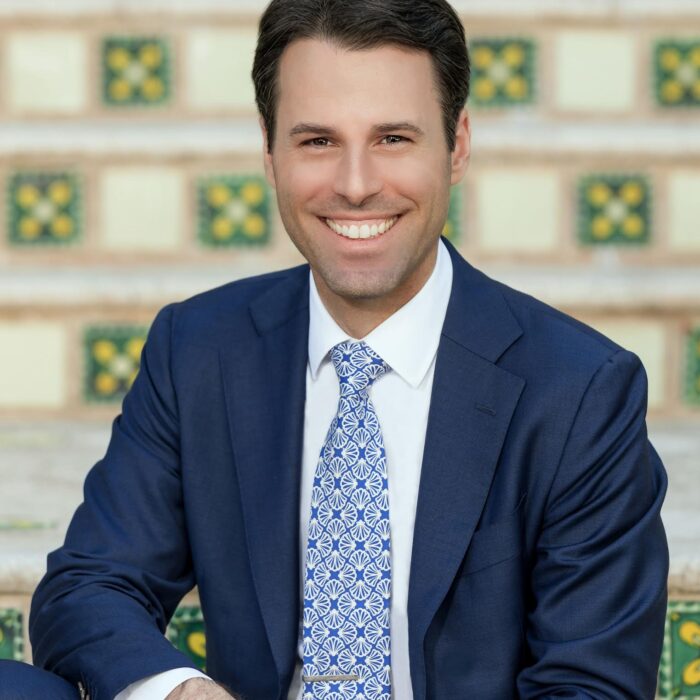
Obituary: Legendary Conductor Seiji Ozawa Dies at 88
By Francisco SalazarOn Feb. 6 2024, Legendary conductor Seiji Ozawa passed away in Tokyo. He was 88.
Born on Sept. 1, 1935, in Shenyang, China, Ozawa studied piano at a young age and then conducting (under Hideo Saito) in Japan.
He had an international breakthrough when he won the First Prize at the International Competition of Orchestra Conductors held in Besançon, France in 1959. That led to an invitation to Tanglewood by then BSO Music Director Charles Munch, who was a judge at the competition.
Ozawa would later be mentored by Leonard Bernstein and Herbert von Karajan. Under Bernstein, he was appointed as assistant conductor of the New York Philharmonic, where he served during the 1961–1962 and 1964–1965 seasons. That was followed by debuts with the San Francisco Symphony and Japan Philharmonic Orchestra.
Ozawa became the first music director of the Ravinia Festival as well as the Music Director of the Toronto Symphony Orchestra from 1965 to 1969 and of the San Francisco Symphony from 1970 to 1977. In 1973, the conductor became the Music Director of the Boston Symphony Orchestra, becoming the orchestra’s 13th music director, succeeding William Steinberg; Ozawa would hold the title for 29 years (1973–2002), the longest tenure of any other Music Director in the company’s history.
Under Ozawa, the Boston Symphony entered a global era, through a renewed commitment to commissions and contemporary music, a prolific number of recordings, radio, and television appearances, and history-making tours.
He championed many of the most important composers of the late 20th century, including Henri Dutilleux, Peter Lieberson, Olivier Messiaen, and Toru Takemitsu. There were also 44 compositions commissioned under his tenure, three of which went on to win Pulitzer Prizes in Music.
Other highlights included a 1979 tour to China and the opening of Ozawa Hall at Tanglewood in 1994.
Following his tenure with the BSO, the Japanese maestro became the principal conductor of the Wiener Staatsoper from 2002 until 2010 when he fell ill. With the Wiener Staatsoper he conducted 14 operas including “Der Fliegende Holländer,” “Jonny spielt auf,” “Manon Lescaut,” “Wozzeck,” “Le nozze di Figaro,” “Così fan tutte,” “Don Giovanni,” “Elektra,” “Pique Dame,” “Fidelio,” and “Eugene Onegin.” He also initiated the unique “Magic Flute” project for children.
For his work in classical music, Ozawa was honored with Japan’s Order of Culture in 2008 and was the recipient of the 34th Suntory Music Award in 2002 and the International Center in New York’s Award of Excellence. He also obtained honorary doctorate degrees from Harvard University, the New England Conservatory of Music, the University of Massachusetts Amherst, the National University of Music Bucharest, and Wheaton College.
Ozawa also had an immense discography that included recordings of Berlioz’s “La Damnation de Faust,” Tchaikovsky’s Symphonies, Prokofiev’s Symphonies, and Mahler’s Symphonies, among many others.
Categories
News

